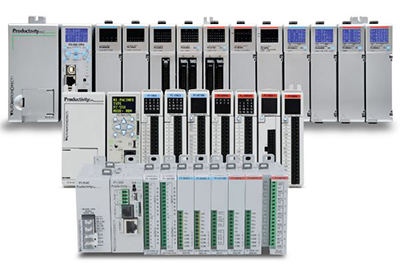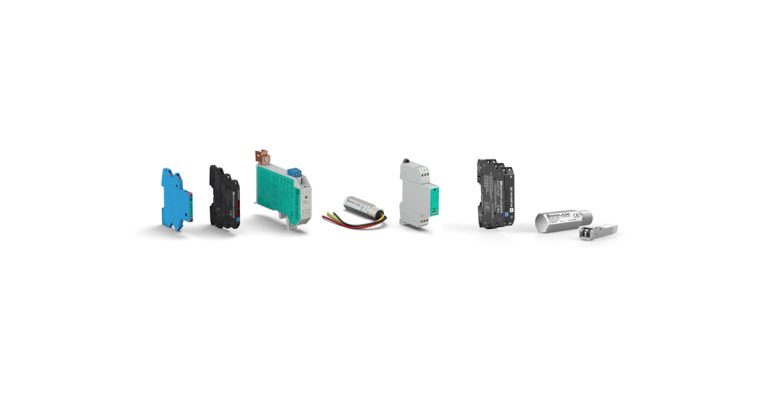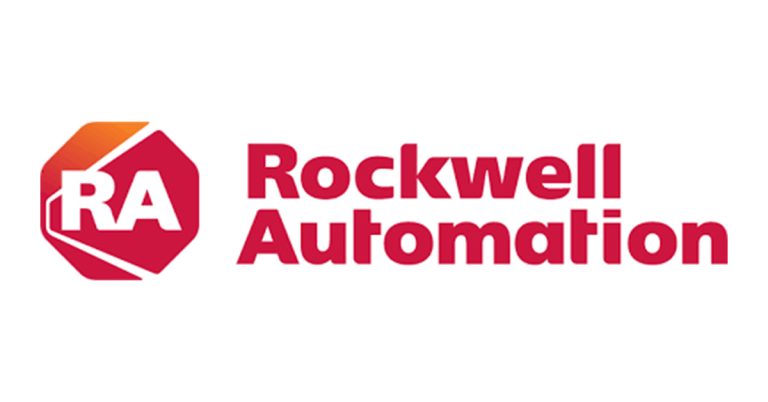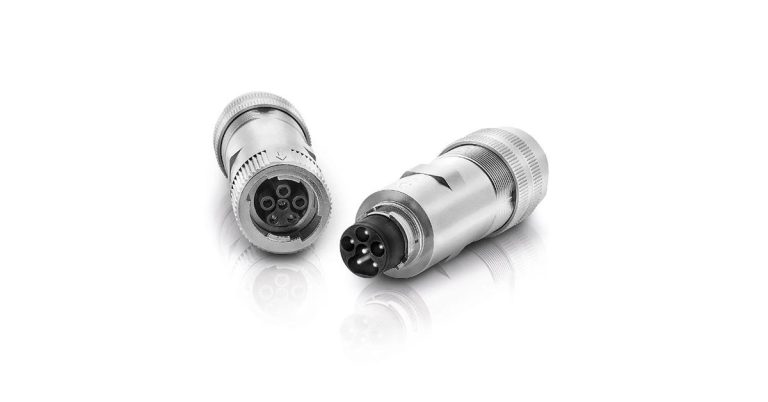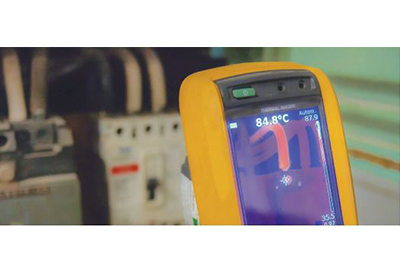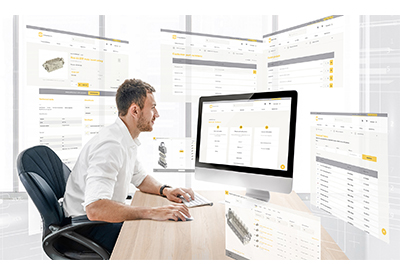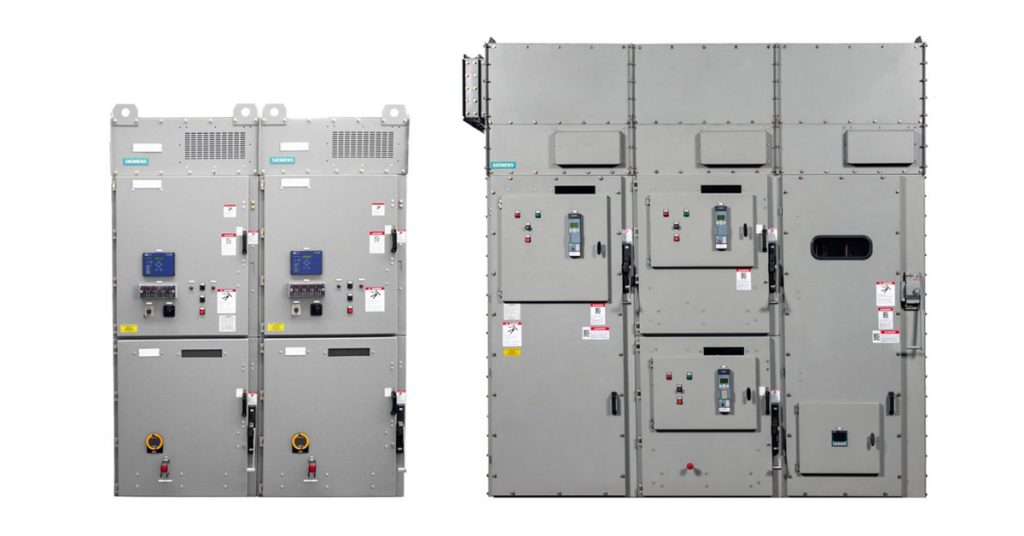The Future of Data Centers is AI
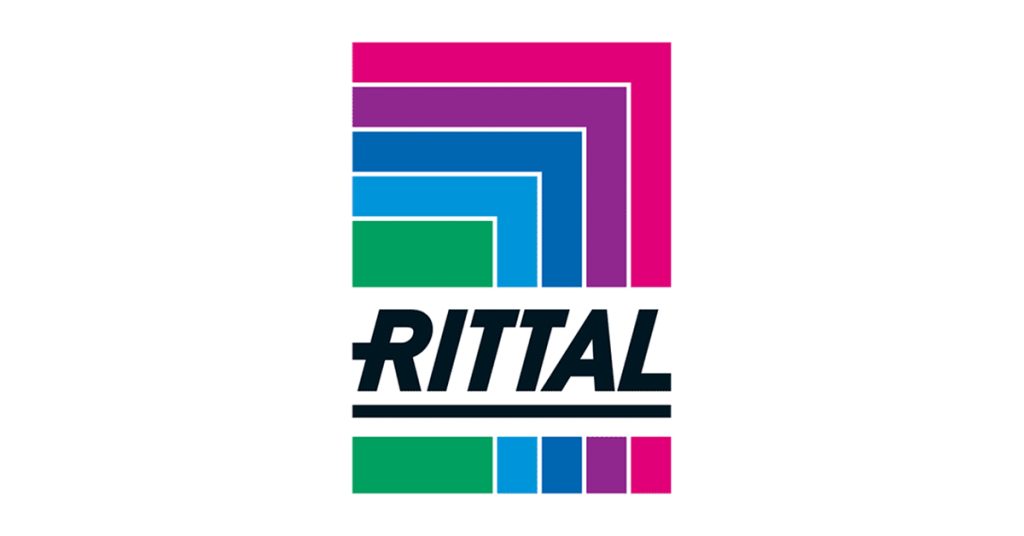
February 18, 2025
By Herb Villa, Senior Solution Sales Architect, Rittal
What is the future of data centers? It’s an interesting question in large part because, on the surface, it doesn’t seem like there’s much room for change with how these centers are built. At the end of the day, such centers house IT racks that generate heat which must be dissipated in order to create efficient computing.
The future of data centers is not necessarily about changing the core components of IT infrastructure — it’s more about thinking of these components in a more flexible way that allows for greater adaptability and scalability, especially given the rapid increase in AI data centers.
It’s projected that the continued growth of AI will increase global data center storage capacity to 21.0 zettabytes by 2027, which represents an annual growth rate of more than 18%. This growth is already shifting what tomorrow’s data centers will look like, how they operate, and what network engineers need to know about specifying the right solutions so that companies can leverage AI computing to its fullest potential.
Here are a couple of things network engineers need to consider when creating data centers that are equipped for what the future of IT computing brings.
Balancing space utilization with the need for high-density racks
The definition of high-density computing has changed during the last few years, even before the increased adoption of AI. Not that long ago, a 10kW server rack would be considered a high-density application, but technological advancements in computing have made 40kW to 125kW server racks extremely common, with some high-density data centers surpassing 12 kW per cabinet.
This means data center operators need to prioritize modular IT enclosures that offer the configuration flexibility to support the power distribution and cooling needs of more advanced computing. Rittal can help operators establish the kind of nimble, efficient computing framework that can handle the challenges and leverage the opportunities of AI.
Increasing computing capacity without prolonged downtime
This is a primary concern for hyperscale data centers, which can be close to 100,000 square feet in size and are designed specifically for the kind of flexibility and scalability required to process and store high volumes of data. Because hyperscale data centers are built for adaptability, they are ideal to handle AI’s increased data workloads.
The challenge: the more racks and servers in a data center means an increased chance of downtime, particularly if the racks require specialized tooling or non-standardized hardware to accommodate additional computing power.
Standardized racks, server cooling units, and flexible power distribution units can accelerate scaling for AI workloads while also minimizing downtime. Rittal’s TS IT High Density enclosure can help data center operators speed up the configuration and installation process without sacrificing enclosure security and durability.
Creating a more sustainable data center that reduces energy consumption
Data centers currently account for about 1% of global energy consumption, a figure that’s only expected to increase as AI computing becomes even more prevalent.2 This is a large part of why lawmakers in many states are considering limits on the number of new center builds.
As a result, network engineers need to prioritize data center design that reduces energy usage, and one avenue for this reduction is to efficiently cool IT equipment. Traditional air cooling methods are still somewhat prevalent, but more operators are making the move to liquid cooling solutions because of their ability to handle substantial thermal design power (TDP) requirements with a higher degree of energy efficiency.
Closed-loop liquid cooling can not only better future-proof your data center for scaling your infrastructure based on increased AI computing, but it can also help you reduce energy consumption and costs today. Eliminating the need for room-based climate control helps reduce waste by targeting cooling outputs directly to the servers that require heat removal.

https://www.rittal.com/us-en_US/Company/Rittal-Stories/The-Future-of-Data-Centers-is-AI

